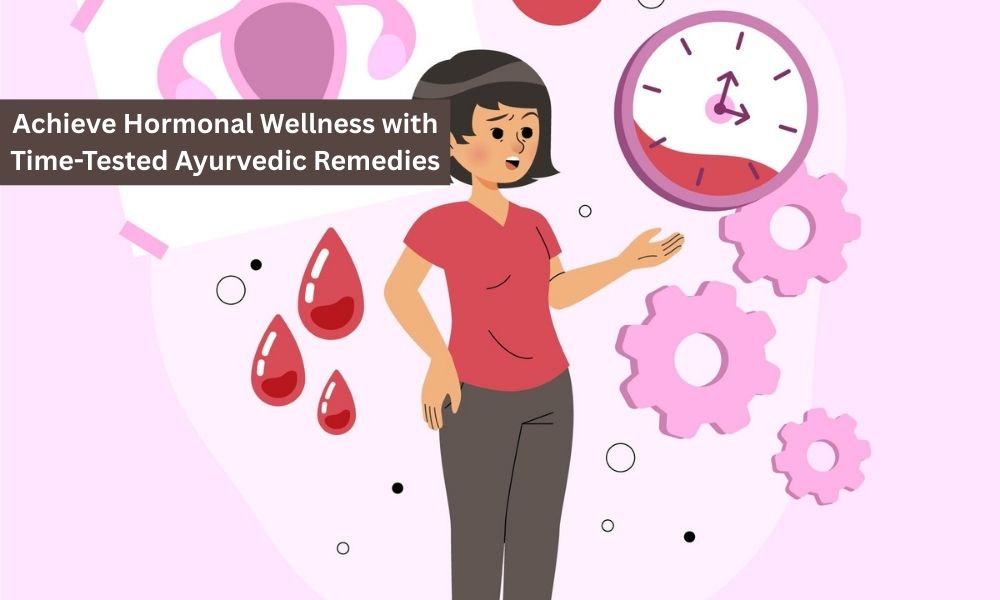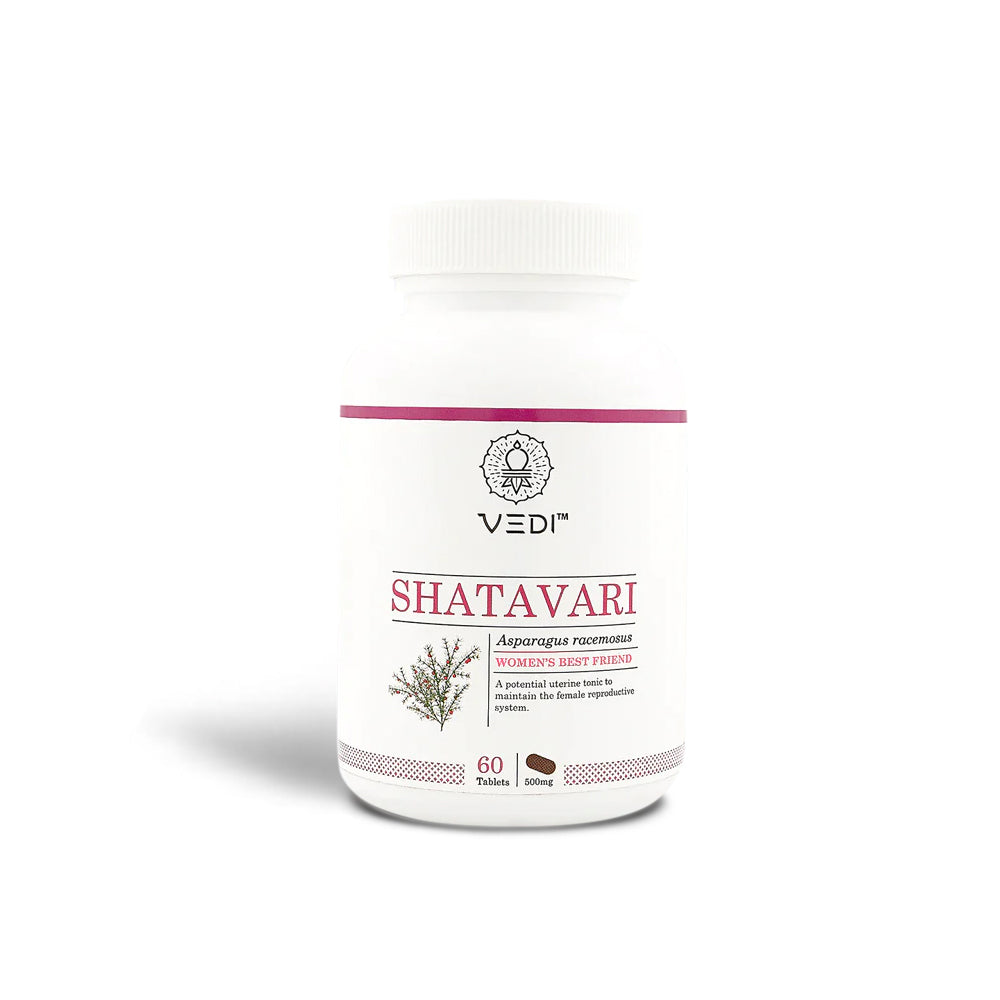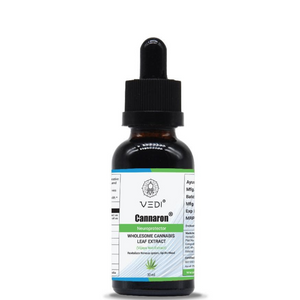Natural Remedies for Hormonal Imbalance in Females: Ayurvedic Approaches

Hormones are chemical messengers that regulate various bodily functions, including metabolism, mood, reproduction, and overall well-being.
In females, hormonal imbalance occurs when there is an excess or deficiency of certain hormones such as estrogen, progesterone, thyroid hormones, or insulin.
This imbalance can lead to conditions like irregular menstruation, PCOS (Polycystic Ovary Syndrome), infertility, weight gain, acne, mood swings, and fatigue.
Identifying Hormonal Imbalance in Females
Common signs of hormonal imbalance in women include:
- Irregular or missed menstrual cycles
- Severe PMS symptoms
- Unexplained weight gain or loss
- Hair thinning or excessive hair growth (hirsutism)
- Fatigue and sleep disturbances
- Mood swings, anxiety, and depression
- Digestive issues and bloating
- Low libido and infertility
Ayurvedic Perspective on Hormones
In Ayurveda, hormones are governed by the three Doshas: Vata, Pitta, and Kapha. Each Dosha is responsible for different bodily functions, and an imbalance in any of them can disrupt hormonal regulation.
- Vata imbalance (Air and Ether): Leads to irregular periods, anxiety, dry skin, and insomnia.
- Pitta imbalance (Fire and Water): Causes excessive bleeding, acne, mood swings, and hot flashes.
- Kapha imbalance (Water and Earth): Results in weight gain, sluggish metabolism, PCOS, and water retention.
Causes of Hormonal Imbalance in Ayurveda
- Ahara (Diet): Excess consumption of processed foods, caffeine, sugar, and refined carbohydrates disturbs Agni (digestive fire), leading to Ama (toxins) accumulation and hormonal fluctuations.
- Vihara (Lifestyle): Sedentary habits, lack of exercise, stress, and inadequate sleep disturb the body’s natural rhythm.
- Manasika Hetu (Mental Factors): Chronic stress and emotional imbalance disrupt cortisol levels, affecting reproductive and metabolic hormones.
- Environmental Factors: Exposure to endocrine-disrupting chemicals (EDCs) found in plastics, pesticides, and household products contributes to hormonal dysregulation.
Panchakarma for Hormonal Imbalance
Panchakarma, the detoxification therapy in Ayurveda, helps restore hormonal balance by eliminating toxins. Some beneficial Panchakarma treatments include:
- Vamana (Therapeutic Emesis): Helps in balancing Kapha-related disorders like obesity and PCOS.
- Virechana (Purgation Therapy): Useful for Pitta-related imbalances, detoxifying the liver and regulating estrogen metabolism.
- Basti (Medicated Enema): Especially beneficial for Vata disorders, improving reproductive health and menstrual regularity.
- Nasya (Nasal Therapy): Helps in stress relief, balancing hormones like cortisol.
- Abhyanga (Oil Massage) and Shirodhara: Promote relaxation, reducing stress-induced hormonal imbalances.
Natural Ways to Restore Hormonal Balance
1. Dietary Modifications
- Include Shatavari (Asparagus racemosus), known for balancing estrogen levels.
- Ashwagandha (Withania somnifera) reduces cortisol, aiding stress-related hormonal imbalances.
- Triphala helps detoxify the digestive system and improve metabolism.
- Consume warm, cooked foods with spices like turmeric, ginger, and cinnamon, to balance Agni.
- Increase intake of flaxseeds, sesame seeds, and almonds, for phytoestrogens that support hormonal health.
- Avoid processed foods, excessive sugar, and dairy, if experiencing hormonal disruptions.
2. Lifestyle Modifications
- Follow Dincharya (Daily Routine) by waking up early and maintaining a regular sleep schedule.
- Engage in Yoga and Pranayama (Breathwork) to calm the nervous system and balance hormones.
- Regular exercise, such as brisk walking and Surya Namaskar, helps regulate insulin and reproductive hormones.
- Practice meditation and mindfulness to reduce stress-induced hormonal fluctuations.
Circadian Rhythm and Hormonal Balance
Ayurveda emphasizes Brahma Muhurta (early morning hours) as the best time for activities like meditation and exercise, which harmonize hormonal rhythms.
Circadian misalignment, caused by irregular sleep patterns and exposure to blue light at night, disrupts melatonin and cortisol levels, leading to imbalances in reproductive and metabolic hormones.
- Sleep by 10 PM to support melatonin production.
- Avoid screen exposure before bedtime to maintain circadian health.
- Eat meals at consistent times daily to regulate insulin and digestion.
Ayurvedic Herbs and Remedies for Hormonal Balance
- Shatavari – Regulates estrogen levels and supports reproductive health.
- Ashwagandha – Lowers stress hormones and improves thyroid function.
- Guduchi (Tinospora cordifolia) – Supports immunity and hormone detoxification.
- Manjistha (Rubia cordifolia) – Purifies blood and helps with PCOS.
- Turmeric and Amla – Anti-inflammatory and hormone-regulating properties.
- Aloe Vera Juice with Kumari Asava – Helps regulate menstrual cycles.
- Fenugreek Seeds – Useful in insulin resistance and PCOS.
Ayurveda offers a holistic approach to balancing hormones naturally by addressing diet, lifestyle, detoxification, and herbal support.
Hormone balance isn’t about quick fixes. It’s about small, daily choices—eating right, staying active, and respecting your body’s natural cycles. Ayurveda teaches us to prevent problems before they start by living mindfully. Always consult an Ayurvedic doctor for personalized advice. By embracing these simple steps, you can feel healthier, happier, and more in tune with your body!.








